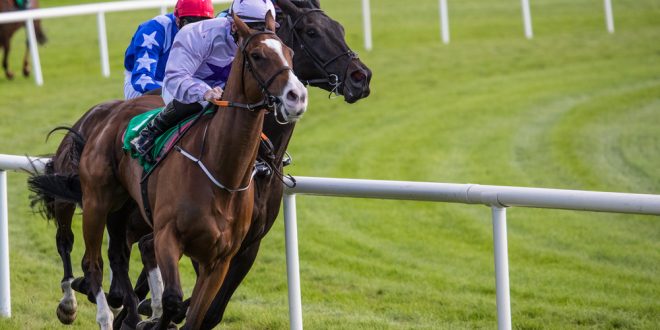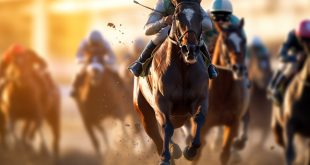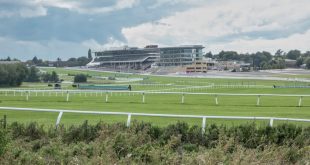James and Hugh O’Donnell have stated their intention to raise £2 million to support their ‘Racehorse Lotto’ venture’s expansion in Ireland, according to The Telegraph.
The brothers – James is the former horse racing breeder for the Queen and Hugh is CEO of Furlong Games and worked as an investment banker – want to grow the lottery, which functions as a competition for horse racing fans to win their own racehorse.
A racehorse functions as the jackpot prize in the lottery, with training and veterinary bills included, whilst other prizes remain on offer such as up to £500 of raceday spending money or an alternative £150,000 jackpot.
As reported by The Teleraph, Hugh O’Donnell estimates that there is ‘proven demand’ for horse racing lotteries, pointing to how there are just 8,000 owners for over 11 million ‘hardcore’ racing fans.
The investor added: “We see an enormous opportunity not only to create a once-in-a-lifetime dream for many racing fans, but also to give back to the sport, much required after the last couple of years and to build a substantial international business too in time commencing with expansion into Ireland next year.”
Launched in March 2020 with support from the Zeal Network lottery provider, the O’Donnell brothers’ is owned by Hugh O’Donnell’s Furlong Games, with 20% of its profits redirected towards racing welfare each month.
Tickets are sold at a cost of £3, and the Lotto has a total customer base of 16,000 people, with Furlong informing The Telegraph that three owners and 21 syndicate owners have been created via the lottery.
Initiatives such as the Racing Lotto form part of a wider trend in UK and Irish horse racing which has seen sporting stakeholders look to new ways to engage with fans, with many focusing on how to reach out to younger audiences.
This has seen the launch of initiatives such as the Racing League last year, whilst a proposed expansion of the Cheltenham Festival from four to five days has been considered by the Jockey Club. On the other hand, the total attendance for the last Royal Ascot meeting was cut down, based on feedback from previous spectators.









